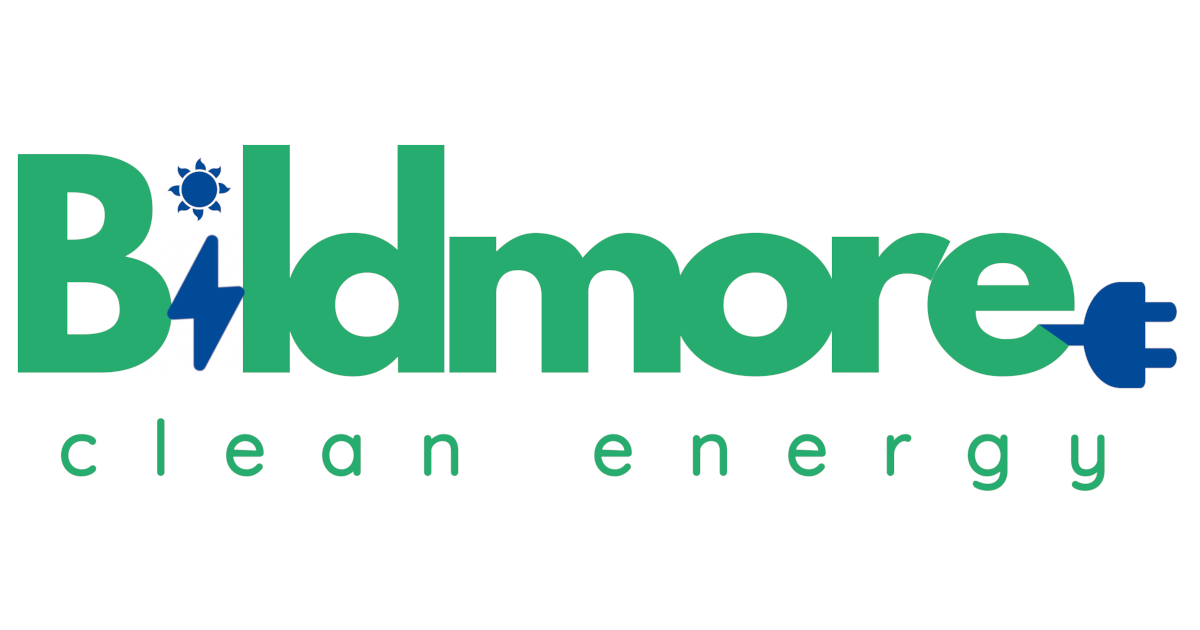
Expanding your choices in clean energy investment partners.
Who We Are:
Bildmore invests minority structured equity in third party US renewables and clean energy tax credit projects. Bildmore helps project Developers and Sponsors more efficiently tap into the tax-related incentives under the Inflation Reduction Act (IRA) and One Big Beautiful Bill Act (OBBBA).
We are a startup backed by EnCap Energy Transition Fund (EETF), a leader in energy transition private equity investment. David Haug, a 30-year energy and power industry veteran, founded Bildmore with EETF; he and the four EETF Managing Partners have a long-term project development background and orientation and history together.
How We Work:
Using structuring techniques from US and global energy project finance, clean energy finance, and traditional bank tax equity (TTE), we provide an alternative capital source for Developers and Sponsors who hoped for TTE, but can’t meet the narrow TTE criteria, and who are resigned to sell tax credits based on project cost as opposed to fair market value (FMV). Bildmore’s objective is to enhance the Developer’s (or Sponsor’s) economics by lowering their required net investment and/or increasing their IRRs through optimizing the available tax credits that they can sell as provided in the IRA, as modified by the 2025 OBBBA and Treasury Guidance.
Our current focus is on ready-to-build utility-scale projects, particularly battery (ITC) and solar (ITC or PTC) projects, but also wind, RNG and molecules. We have an affinity for projects other investors might not prioritize, including ones that:
- Have some or a lot of uncontracted offtake/merchant exposure; or
- Have sponsors with experienced team members, but little or no track record together; or
- Lack the deep balance sheet TTE requires to cover long-term indemnities
Our investment terms are flexible, including investment size, percentage of FMV step-up, allocation of tax credit proceeds, depreciation choices, expected flip date, Sponsor buyout rights, Sponsor technology selection and revenue strategy. We typically won’t require upstream parent guarantees, as tax credit buyers are protected by comprehensive tax insurance. We are a good fit for developers who want to maximize third-party debt and equity capital so they can allocate their own limited capital over more projects. We are very flexible on how losses and other tax attributes can be allocated to Sponsors to reduce taxes on step-up gain.
We are happy to deal directly with project sponsors, or to work with reputable tax equity advisors and investment banks.
Looking Forward:
We are continuing to grow and are looking for a small number of experienced team members attracted to a small fast-paced start-up culture, based in Houston, to help us invest in 10-15 projects annually, and 3000 to 5000 MW of projects in the next 24 to 36 months.
Get to Know Us:
Bildmore and EnCap executives are available to talk more about Bildmore, as well as at upcoming 2025 conferences. We look forward to connecting with sponsors, investment banks, legal/tax advisors, and tax credit intermediaries who would like to explore tax funding alternatives for themselves or their clients.
Looking for a challenging new career direction? If you're:
- Highly motivated
- Like working with numbers to solve complex financial challenges
- Looking to join a small, focused, interactive team
- In a fast-moving start-up environment
You can submit an application via our website's contact form below.
If you're leading the fundraising for a U.S. renewables or battery storage project that's ready to build in the next 6 months (or already in construction) that you'd like to discuss, send a description to newprojects@bildmore.com












